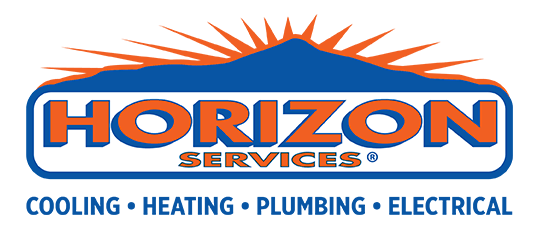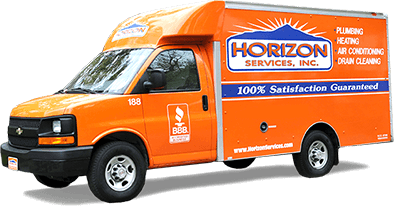
Stop Being Soaked By Your Energy Bill
About 12% of your home’s total energy costs can be attributed to your hot water heater. The following article is designed to help you learn more about how your water heater works and ways you can save money and conserve water.
Different Types of Water Heaters
Gas and Oil Heaters
Many older water heaters are powered by fuel oil or natural gas. They need a pilot light in order to work properly, so there is a significant danger of fire if flammable materials are placed too close to the unit. These heaters also need to be vented properly to prevent the build-up of potentially deadly fumes like carbon monoxide. While gas and oil heaters do a good job keeping your home supplied with hot water, they can be very expensive to operate, particularly with fuel costs continuing to rise.
Electric Heaters
These units are generally energy-efficient, easy to install, and because they don’t use flame and combustible fuel they are safer than gas or oil-powered heaters. Electric water heaters also require less maintenance than other heaters, so you will spend less on servicing the device over its lifetime. You also don’t need to worry about fuel or venting, which gives you more flexibility when planning where the heater will be installed.
There are different kinds of electric water heaters. Storage heaters work like a very big thermos; there is a large tank that holds hot water until you need it. You can choose from a wide range of sizes depending on your household needs. The majority of residential storage water heaters vary in size from 40 gallons to 100 gallons.
Heat Pump Water Heaters
Heat pump water heaters can dramatically reduce your hot water heating costs, in some cases by as much as 50%. These heaters pull heat from the air and transfer it to the water stored in the tank. Though initially more expensive to install than other models, the energy savings more than cover the difference in just a few years’ time.
Solar Heaters
Advances in solar technology have made solar-powered water heaters a realistic choice for many homeowners. Installation costs are high because you will need solar panels as well as a new heater system, but the overall energy savings are significant. Even better, solar water heaters use completely renewable energy and produce no greenhouse gases, making them much better for the environment.
Tankless Water Heaters
As the name implies, these systems do not rely on a tank to hold the hot water that they supply when you turn on a hot water faucet somewhere in your home. Instead, tankless water heaters heat the water as it flows through an advanced heat exchanger, supplying an almost endless supply of hot water. For the right homeowners, that means no more cold showers because there’s no more hot water in the tank. And, since there’s no tank, they take up less space and are less likely to leak than other types of water heaters. Initial costs are higher, but many homeowners say they recoup their investment quickly because energy use is reduced.
How to Save on Hot Water
For most homes, 120º is as hot as water needs to be for comfortable showering and bathing, laundry and dishwashing, and cleaning. Setting your heater no higher than 120º not only saves energy but also prevents scalding.
Insulating your hot water pipes helps to prevent heat loss, and can help you save on energy bills. Be sure pipes are properly insulated, and you will see a difference in your next bill.
Repair hot water faucet leaks; just a single drip per second wastes as much as 200 gallons of water a year.
Turn the hot water off when shaving or doing dishes.
Set your washing machine to the cold cycle – your clothes will get just as clean, and you will save money.
Contact Horizon Services for top-notch plumbing services.


